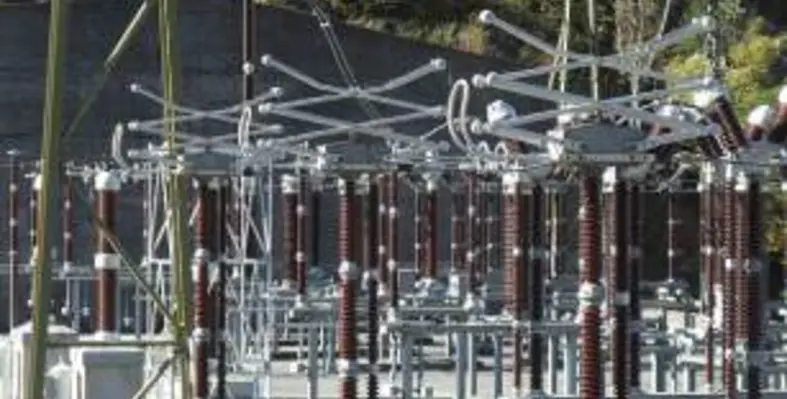The medium voltage (MV) and high voltage (HV) switchgear market in the GCC is expected to earn revenues of nearly US$4.3bn by 2020, stated research by Frost & Sullivan
According to the firm?s analysis, the GCC market for HV and MV switchgears witnessed growth mainly due to the expansion of infrastructure and the growth of the oil and gas industry. In the years to come, events such as 2022 FIFA World Cup in Qatar and Expo 2020 in Dubai are expected to boost numbers.
Frost & Sullivan energy and environmental research consultant Mohammed Faraz Khan said, ?The interconnected power grid project is expected to be the backbone for the deployment of high-voltage grids in the GCC, drawing huge investments from countries in the region. With the first phase alone bringing in a capital of around US$1.1bn, this project will rejuvenate the MV and HV switchgears market in the region.?
Specifically, Saudi Arabia contributes the largest share of revenue with 45 per cent, followed by the UAE and Qatar. Overall, the MV and HV switchgears market in this region is anticipated to grow at a compound annual growth rate (CAGR) of 5.8 per cent between 2014 and 2020.
However, Oman and Bahrain do not show signs of large market share, mainly due to the lack of large-scale infrastructure plans in the countries. In addition, restrictions by the Organization of the Petroleum Exporting Countries (OPEC) have led to a surplus of oil production in the Saudi Arabia, and the ensuing cap on extraction creates a vacuum in the demand for switchgears.
The report stated that limited success in the exploration of commercially viable non-associated gas reserves and unstable economic conditions that compel end users to defer or cancel projects, will dampen the market pace slightly. MV and HV switchgear suppliers need to reconsider their pricing strategy against the backdrop of the recent fall in raw material prices, suggested Khan.







